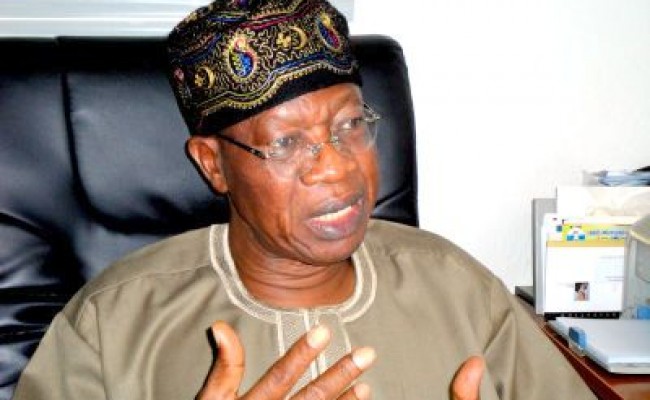CBN INJECTS $210M INTO FX MARKET
As the Monetary Policy Committee of the Central Bank of Nigeria commenced its last meeting for 2017, the bank injected has $210m into the inter-bank Foreign Exchange Market.
The CBN Acting Director, Corporate Communications, Mr Isaac Okorafor in a statement issued on Monday in Abuja, said the interventions were in the Wholesale, Small and Medium Enterprises and invisibles windows.
He said the bank offered the $100m to the wholesale segment, while the SMEs segment received the sum of $55m.
Okorafor also said that the invisibles segment, comprising tuition fees, medical payments and Basic Travel Allowance, among others also received an allocation of $55m.
According to him, the releases are aimed at boosting liquidity, trade and ease of remittances for legitimate personal commitments.
He said the bank was quite pleased with the rate of N360 to a dollar, noting that the continued intervention by the CBN in the inter-bank forex market had largely checked unwholesome activities of currency speculators.
He, however, stressed that the CBN would not relent in its monitoring of the market in order to ensure that authorised dealers abide by the extant rules.
CBN had in its last intervention injected $195m into the inter-bank Foreign Exchange Market.
Meanwhile, the naira maintained its steady rate against major currencies around the globe, exchanging for N360 to a dollar, N420 to the Euro and N470 to Pounds Sterling in the Bureau De Change segment of the market.














